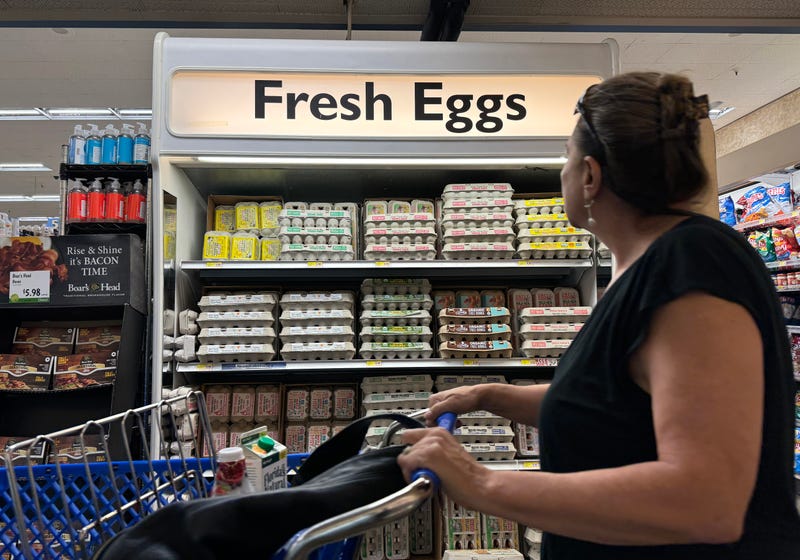
The dollar just doesn’t seem to stretch as far as it used to and it seems to be an ever-deepening divide. Stephen Kates, Bank Rate Financial Analyst, joined WWL’s Tommy Tucker to discuss the financial difficulties many are having right now. “When we asked the question, ‘what would make be the one thing that would improve your financial system the most’, the number one answer across all age groups and regions was ‘cheaper essentials’ … people are very tired of prices going up on the things they need most,” Kates emphasized.
While one might think higher pay or better job opportunities may top the list of concerns, the overwhelming response simply pointed to the affordability of essentials. While Kates admitted that prices will never go backwards and drop to pre-2020 prices, the hope is that the rate of change will slow to catch up with wage growth so relief can be felt
It’s not really the impulse buys causing financial pain for most people … it’s the very basics from the grocery store. Bank Rate Financial Analyst Stephen Kates told WWL’s Tommy Tucker that his polling found the same concerns across demographics regardless of age or race. “People are weary of this inflationary environment. They see the prices at the grocery store for personal care products and everything else going up. It puts pressure on people’s budgets, they feel like they can’t get ahead, and they’re tired of it,” noted Kates. “We’re in a situation where prices are potentially creeping up again and it feels like deja-vu,” he added.
Unfortunately, just paying for basic home items has become so expensive that many people are over-spending on their credit cards. That can lead to an ever-deepening hole for debtors. “A lot of times, it’s the little things that add up. It isn’t that everyone is getting into credit card debt for some extravagant vacation … it’s where small things add up. Using credit cards to bail you out of an emergency situation because you don’t have cash onhand, etc,” Kates told our own Tommy Tucker.
So, what’s the solution? According to Kates, hopefully time will help to flatten the gap. “Since 2021 when inflation started to creep up, wages have yet to overtake inflation. People are still net negative. It probably won’t be until maybe mid-next year when average wages have grown and caught up to the point where they have outpaced inflation,” he noted.
